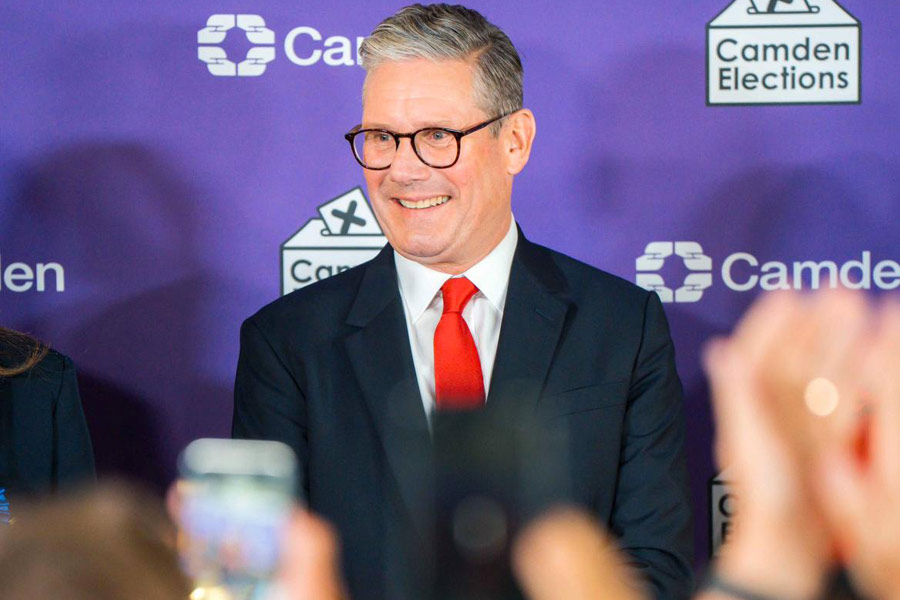Britain’s resounding mandate for Keir Starmer’s Labour Party in last week’s election promises to reset how the country approaches a myriad international challenges before it. Labour won 412 out of the 650 seats in the House of Commons, even as the Conservative Party, which had ruled Britain since 2010, won an all-time low of 121 seats with a vote share nearly half of what it had secured in the last election in 2019. The new prime minister appears to have hit the ground running — Mr Starmer quickly appointed his cabinet and almost immediately scrapped a controversial plan pushed through by the Conservative government of the former prime minister, Rishi Sunak, to send asylum seekers to Rwanda. He has promised to focus on fixing the broken National Health Service by increasing appointments for patients — the waiting list has more than tripled under successive Tory governments. Mr Starmer has also committed to addressing the issue of overcrowded prisons. The new British prime minister has already held telephone conversations with key allies, including the leaders of Germany and France, as well as with important partners like the Indian prime minister, Narendra Modi. He will soon be rushing to the United States of America for a summit of the North Atlantic Treaty Organization, where he is expected to iterate Britain’s support for that alliance and for Ukraine as it fights Russia.
Yet, the results of the election also reveal currents that underline the vulnerabilities of the Labour government and a deep distrust of mainstream political parties among millions of Britons. On the one hand, the far-Right party, Reform UK, secured more than 14% of the votes, just behind Labour and the Conservatives, even though it won only five seats because of Britain’s first-past-the-post system. On the other hand, Labour’s own vote share grew by less than 2%, even as it nearly doubled its seat count. The Liberal-Democrats saw a surge in seats and the Green Party in votes, both drawing disenchanted voters who traditionally back Labour. This was a resounding defeat for the Conservatives more than a ringing endorsement of the Labour Party. Still, with the seats that it now commands, Mr Starmer’s government will have no excuses for failing to execute its promises. This includes its commitment to boosting ties with India, which, paradoxically, has a government with the lowest numbers in a decade. Polls have suggested that British people are not clear about what Mr Starmer stands for. Now is his chance to show the world.










